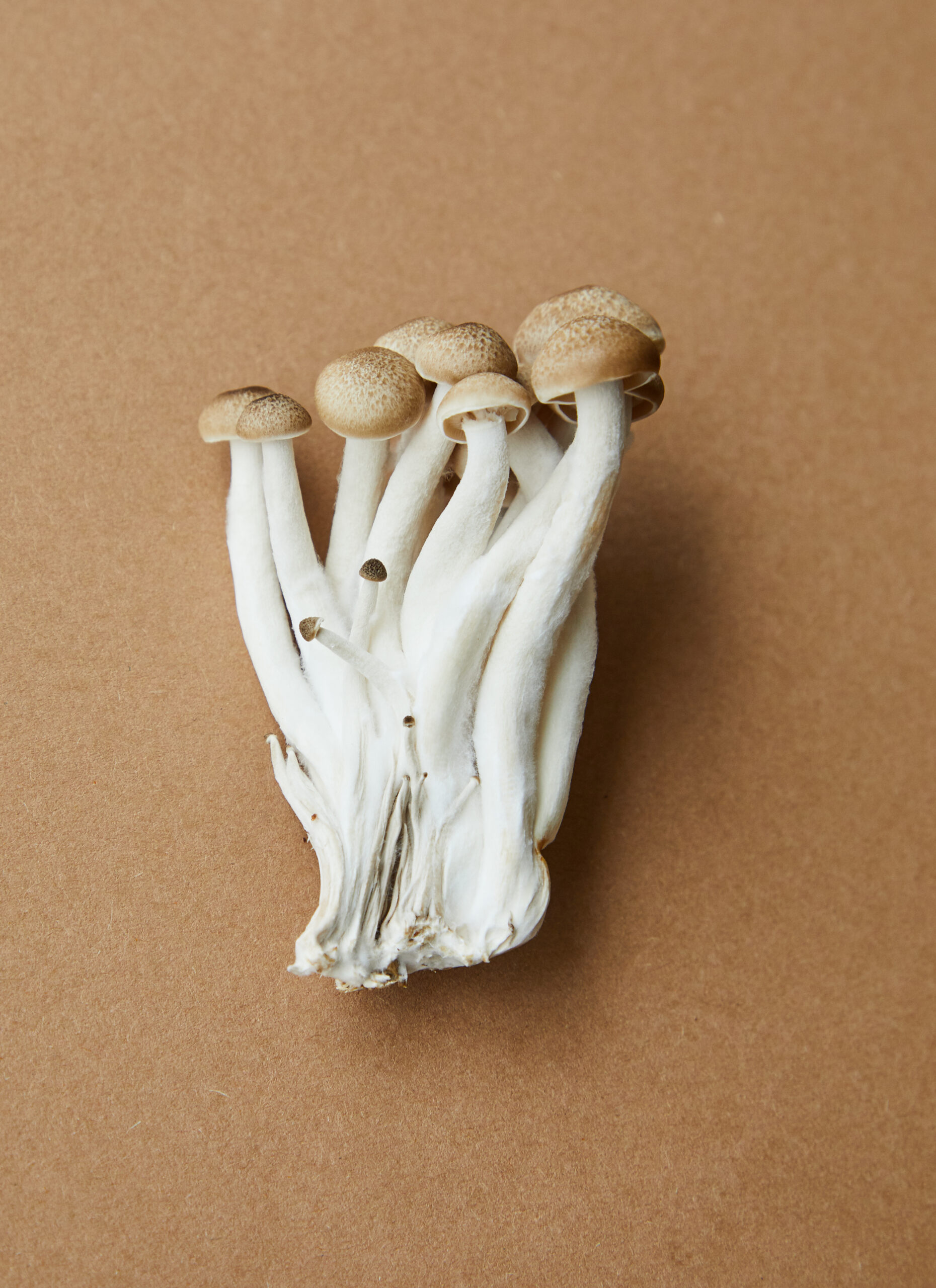Can you get enough protein on a vegan diet?
Title: Getting Sufficient Protein on a Vegan Diet: Yes, You Can!
Introduction:In recent years, there has been a significant rise in the popularity of vegan diets. Whether it’s for ethical, environmental, or health reasons, more and more people are embracing plant-based eating. However, concerns about meeting nutrient requirements, especially protein, often arise. So, can you really get enough protein on a vegan diet? The answer is a resounding yes! In fact, with proper planning, a well-balanced vegan diet can provide all the essential amino acids your body needs for optimal health and muscle growth.
Understanding Protein:Protein, often referred to as the building block of the body, is crucial for numerous bodily functions. It aids in repairing tissues, producing enzymes and hormones, and maintaining a strong immune system. For vegans, it’s important to dispel the myth that plant-based sources of protein are inadequate or incomplete. While animal products are indeed high in protein, a well-planned vegan diet can be equally as rich in this essential nutrient.
Plant-Based Protein Sources:Contrary to popular belief, there is an abundance of vegan-friendly protein sources available. Legumes such as lentils, chickpeas, and beans pack a powerful protein punch. Soy, in the form of tofu, tempeh, or edamame, is also an excellent option. Whole grains like quinoa, amaranth, and brown rice, along with nuts and seeds, including almonds, chia seeds, and hemp seeds, are all rich in protein as well. Even vegetables, such as broccoli, spinach, and Brussels sprouts, contain notable amounts of protein. By including a variety of these foods in your diet, you can easily meet your protein needs.
Calculating Protein Requirements:How much protein do you actually need on a vegan diet? The Recommended Dietary Allowance (RDA) suggests that adults should consume at least 0.8 grams of protein per kilogram of body weight. However, some experts argue that higher amounts, such as 1.0 to 1.2 grams per kilogram, may be optimal, particularly for athletes or individuals with specific health goals. Regardless, meeting these requirements on a vegan diet is achievable with a little planning.
Tips for Meeting Protein Needs:To ensure you’re getting enough protein on a vegan diet, here are some useful tips:
1. Variety is key: Incorporate a wide range of protein-rich plant foods into your meals. Rotate between legumes, whole grains, nuts, seeds, and vegetables to ensure you’re receiving a well-rounded amino acid profile.
2. Combine complementary proteins: While plant-based proteins are often considered incomplete, combining different sources can create complete proteins. For example, pairing beans with rice or hummus with whole wheat pita bread can provide all the essential amino acids your body requires.
3. Don’t forget about vegan protein supplements: If you’re unable to meet your protein needs through food alone, consider incorporating vegan protein powders or supplements into your diet. They can be an excellent way to boost your protein intake conveniently.
4. Seek professional guidance: Consulting a registered dietitian or nutritionist who specializes in plant-based eating can be immensely helpful. They can help tailor a meal plan that meets your specific protein requirements while ensuring you’re obtaining all the essential nutrients for optimal health.
Conclusion:The notion that vegan diets lack ample protein is simply a misconception. By including a variety of plant-based protein sources in your diet, you can easily meet your protein needs. Veganism, when appropriately planned, proves to be a healthy and sustainable way of eating while ensuring sufficient protein intake. So, if you’re considering or currently following a vegan lifestyle, rest assured that you can indeed get enough protein to thrive and achieve your health and fitness goals.




I don’t think the title of your article matches the content lol. Just kidding, mainly because I had some doubts after reading the article.